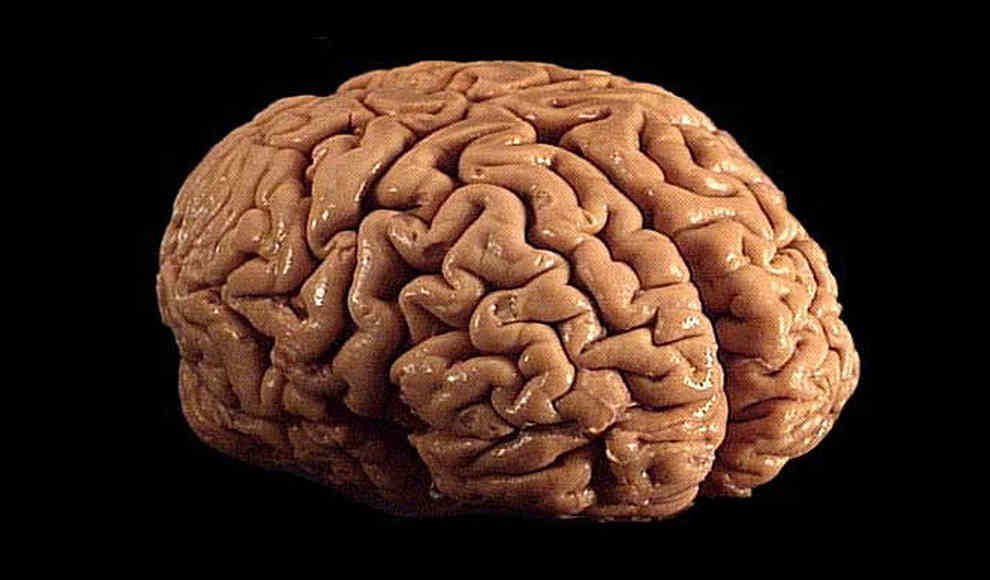A new study has revealed that the flu virus can cause long-term damage to the brain. While most people recover from the flu within a few days or weeks, researchers have found that the virus can affect the brain’s neurons and central nervous system. The study, conducted by a team of researchers at TU Braunschweig, infected 193 female mice with three different subtypes of the influenza virus and monitored their brain cell activity over time. The results showed that two of the three subtypes, H3N2 and H7N7, caused changes to the neurons in the hippocampus, which is responsible for memory. The third subtype, H1N1, had no effect on memory.
The researchers also found that the effects of the virus on the brain could last for weeks after the initial infection. The number of cells responsible for transmitting signals to the neurons decreased over time, and inflammation increased. The study also found that the number of microglia cells, which can contribute to overactivity in the brain, changed during the infection. It is unclear whether the brain can recover from this damage and create new neurons.
While the study’s findings are concerning, there are ways to improve memory and cognitive function. Brain-training computer programs and intelligent stock trading are just a few examples of activities that can positively impact cognitive abilities. While the effects of these activities are difficult to measure, they have been shown to improve analytical and logical thinking skills. Overall, the study highlights the importance of taking care of our health and protecting our brains from potential long-term damage.










